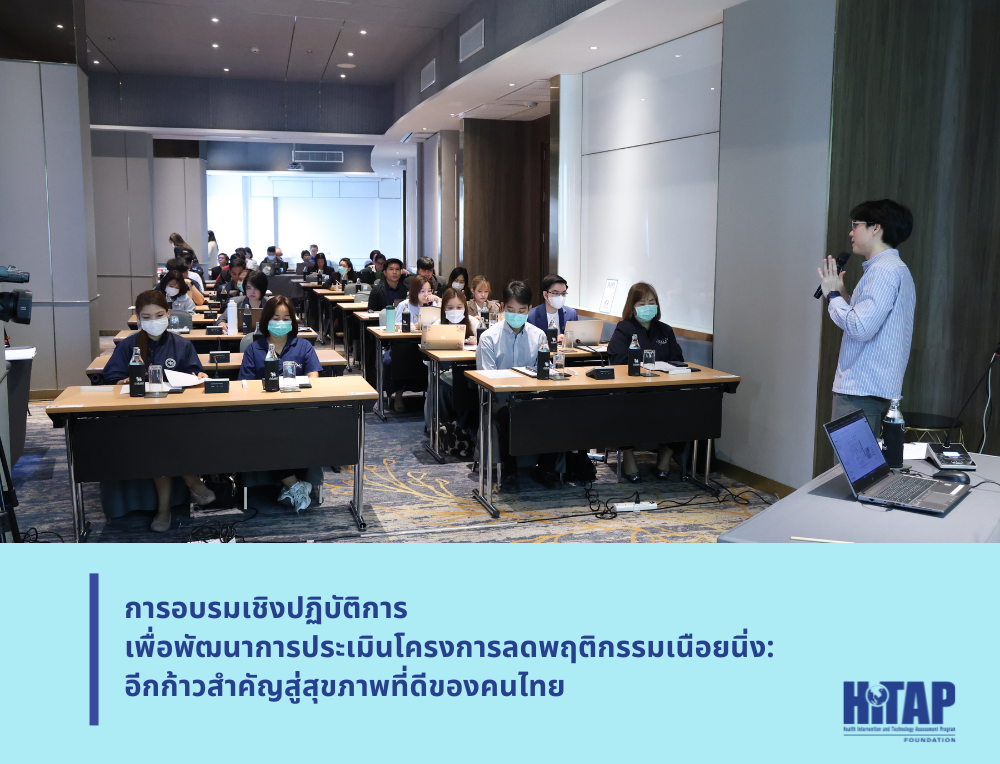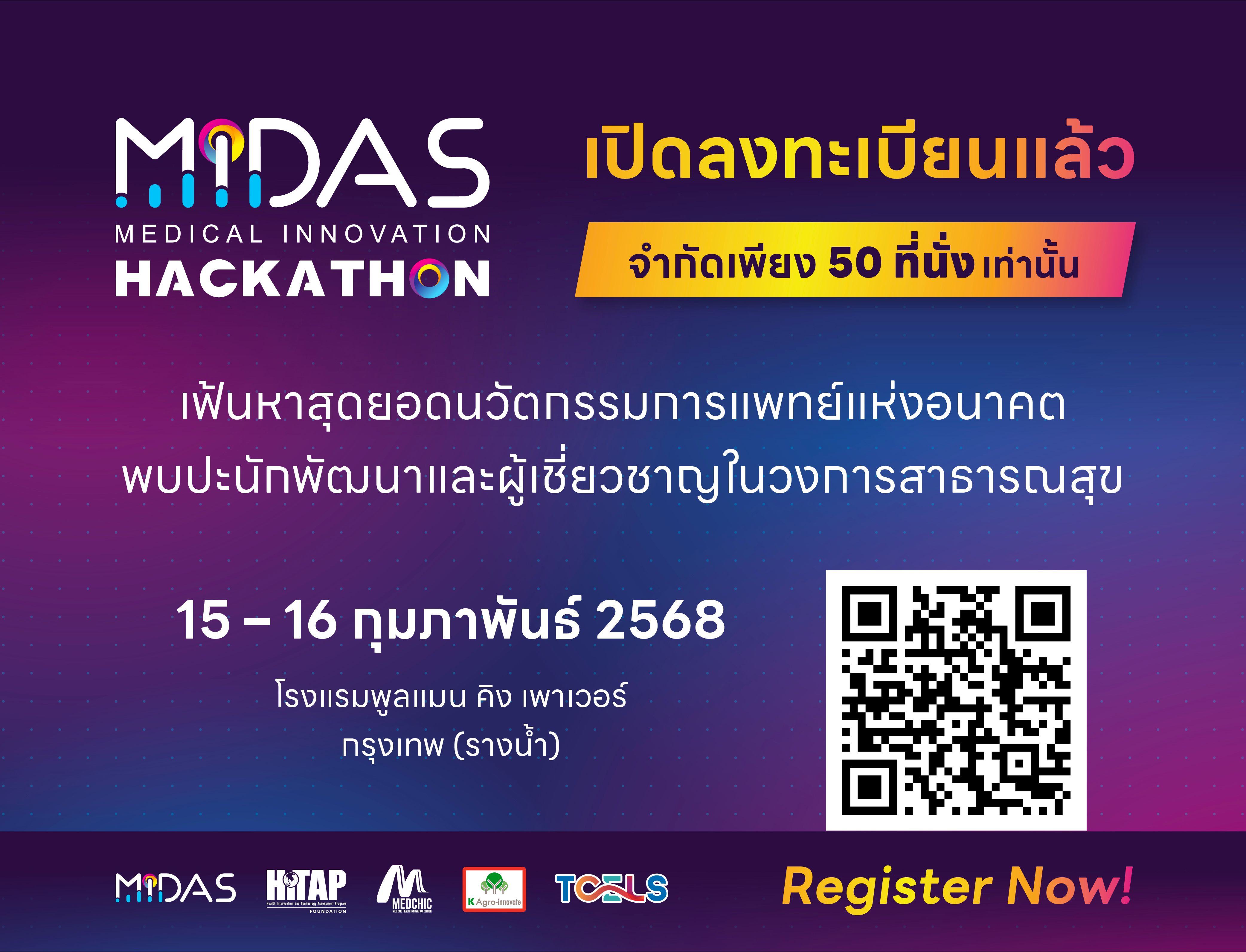Echinacea, a favourite herbal remedy for parents to give children with the sniffles, should not be given to the under-12s, said the Medicine and Healthcare Products Regulatory Agency last week.
The herb, said to reduce symptoms of colds by boosting scavenger cells called macrophages in the immune system, is popular despite not being proven to work by research studies. People tend to consider it a natural remedy that can’t do any harm. The MHRA, however, warns that in children under 12 it can cause rashes, swelling of the face, breathing difficulty, asthma and, in some cases, a life-threatening allergic shock. Anyone over 12 can continue to use echinacea because they are likely to weigh more and less likely to be adversely affected. Are other herbal remedies safe for children?
The solution
No one would argue that conventional medicines are 100% safe or effective. Many have side effects, and quite a few are derived from natural ingredients. The MHRA, for example, says that children under 16 should not take aspirin (a common ingredient in cold remedies) because it may increase the risk of Reye’s disease – a rare condition that causes brain and liver damage. But the main differences between conventional and alternative drugs are, first, that there is a system for collecting details of the side effects experienced by users of the former and, second, that they have to pass rigorous tests to be approved.
One risk of alternative medicine is that it may vary in quality. A herb gathered in summer may be different to one collected in winter. Herbal remedies may also not be used appropriately. A study in the Archives of Disease in Childhood found 30 cases between 2001-2003 in which children had severe or life-threatening reactions to complementary medicines. Four children died, although these deaths were related to a failure to use conventional medicine. Parents were found to use alternative medicines to treat anything from constipation to diabetes.
Parents are especially likely to use herbal medicines if nothing else has worked. A 2003 survey of more than 500 children in the south-west of England found that one in four had used complementary medicine. One third of the parents in the study thought herbal remedies were safer than conventional medicine. Complementary medicines are usually chosen by mothers and used for children with chronic conditions such as eczema, asthma and cancer. Some studies suggest they are usually used in addition to, not instead of, conventional medicines.
While most herbal medicines will be safe, the same rules of use should apply as for any medicine, especially when dishing them out to children with smaller and more easily damaged kidneys and livers. Research the best manufacturers, look for studies showing evidence of effectiveness and most importantly tell your doctor what you are giving your child. Herbal remedies can interact with other drugs and it is important that your doctor knows what your child is taking.
http://www.guardian.co.uk/lifeandstyle/2012/aug/26/herbal-remedies-safe-for-children













